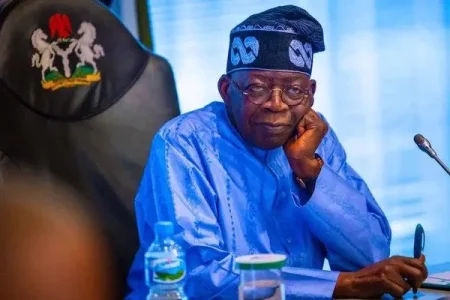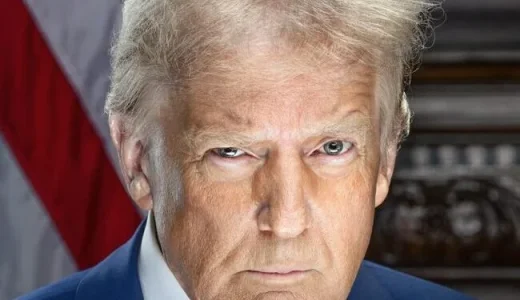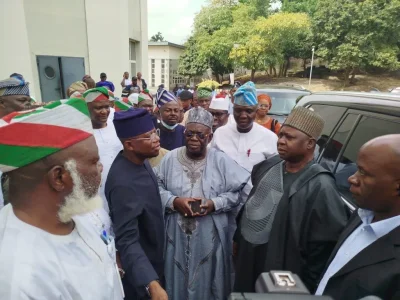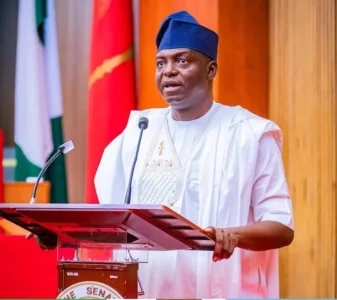
Nigeria spent N19.43bn on maintaining and operating the Presidential Air Fleet from July 2023 to September 2024, with a significant portion used for foreign exchange funds. Critics raise concerns about the rising costs amid the country’s economic challenges, including the purchase of a $100 million Airbus A330.
A recent report reveals that Nigeria's federal government spent N19.43bn on maintaining and operating the Presidential Air Fleet between July 2023 and September 2024. Of the total amount, N13.55bn was allocated for 2024, covering both operational costs and foreign exchange requirements for international engagements. The significant costs highlight the ongoing expenditures for the fleet, particularly due to aging aircraft and rising foreign exchange rates.
In July 2023, the first major disbursement was recorded at N1.52bn, broken into two payments. Over the following months, the government continued to release substantial amounts of forex transit funds to ensure seamless international operations for the fleet. Most notably, August saw six separate transactions, totaling N5.60bn. These funds were primarily used for fuel, maintenance, and other foreign currency-related expenses.
A controversial purchase during this period was the new Airbus A330, which cost $100 million. The aircraft, meant to replace the aging Boeing 737, is expected to reduce long-term operational costs. However, some critics, including transparency advocates, have raised concerns about the growing cost of maintaining the fleet, especially amid Nigeria's economic difficulties.
Supporters of the purchase, such as Bayo Onanuga, a presidential adviser, argue that the new jet is essential for ensuring the safety of the nation's leadership, emphasizing that the plane belongs to the people, not just the president. Onanuga also pointed out the excessive maintenance costs of older planes, justifying the need for modern replacements.
Despite the government’s defense of these expenditures, critics like Debo Adeniran from the Centre for Anti-Corruption and Open Leadership argue that the administration's spending habits are a stark contrast to the public’s expectations of frugality, particularly in a nation grappling with economic challenges.
The growing budget for the Presidential Air Fleet has stirred debate on the balance between operational efficiency, security concerns, and public financial priorities.




